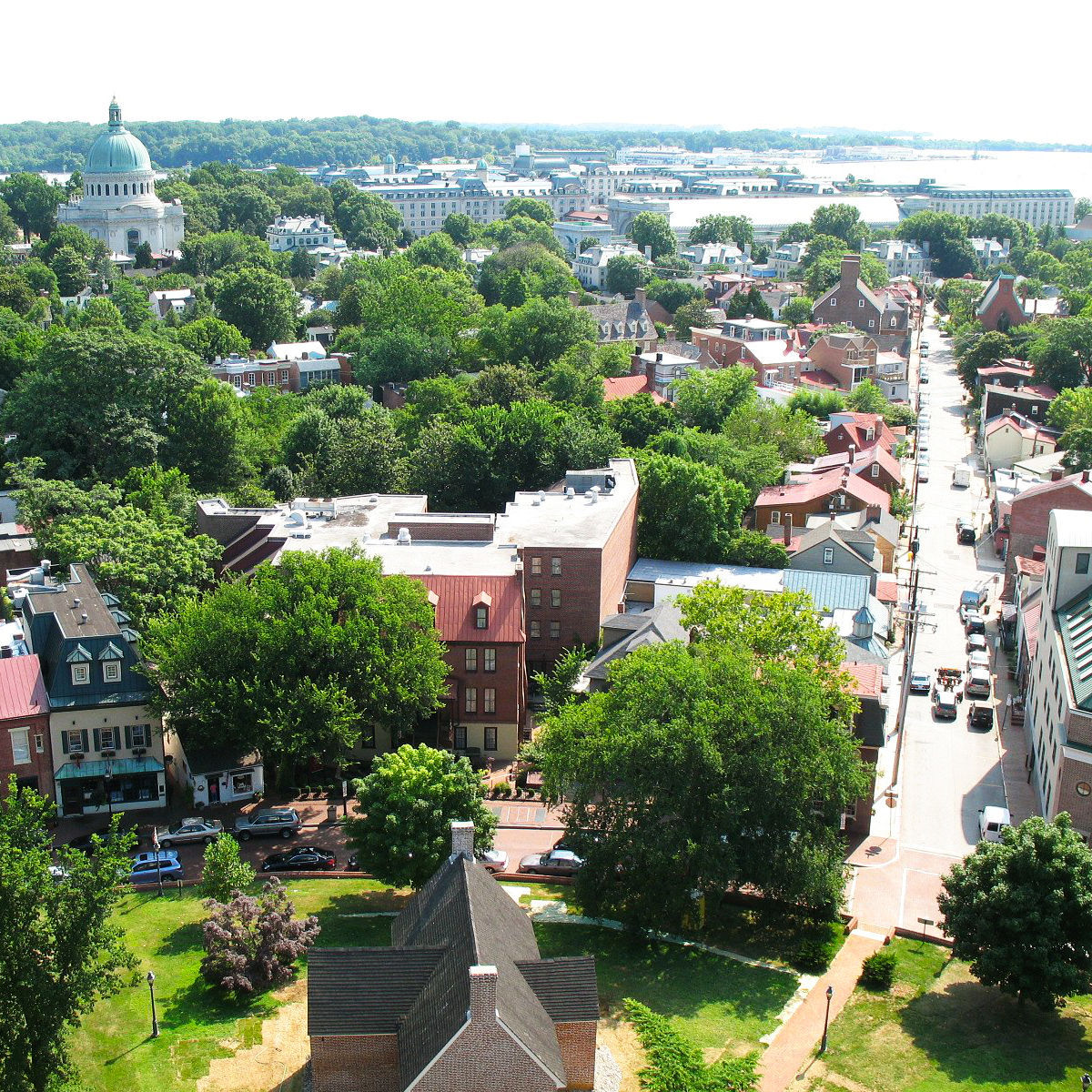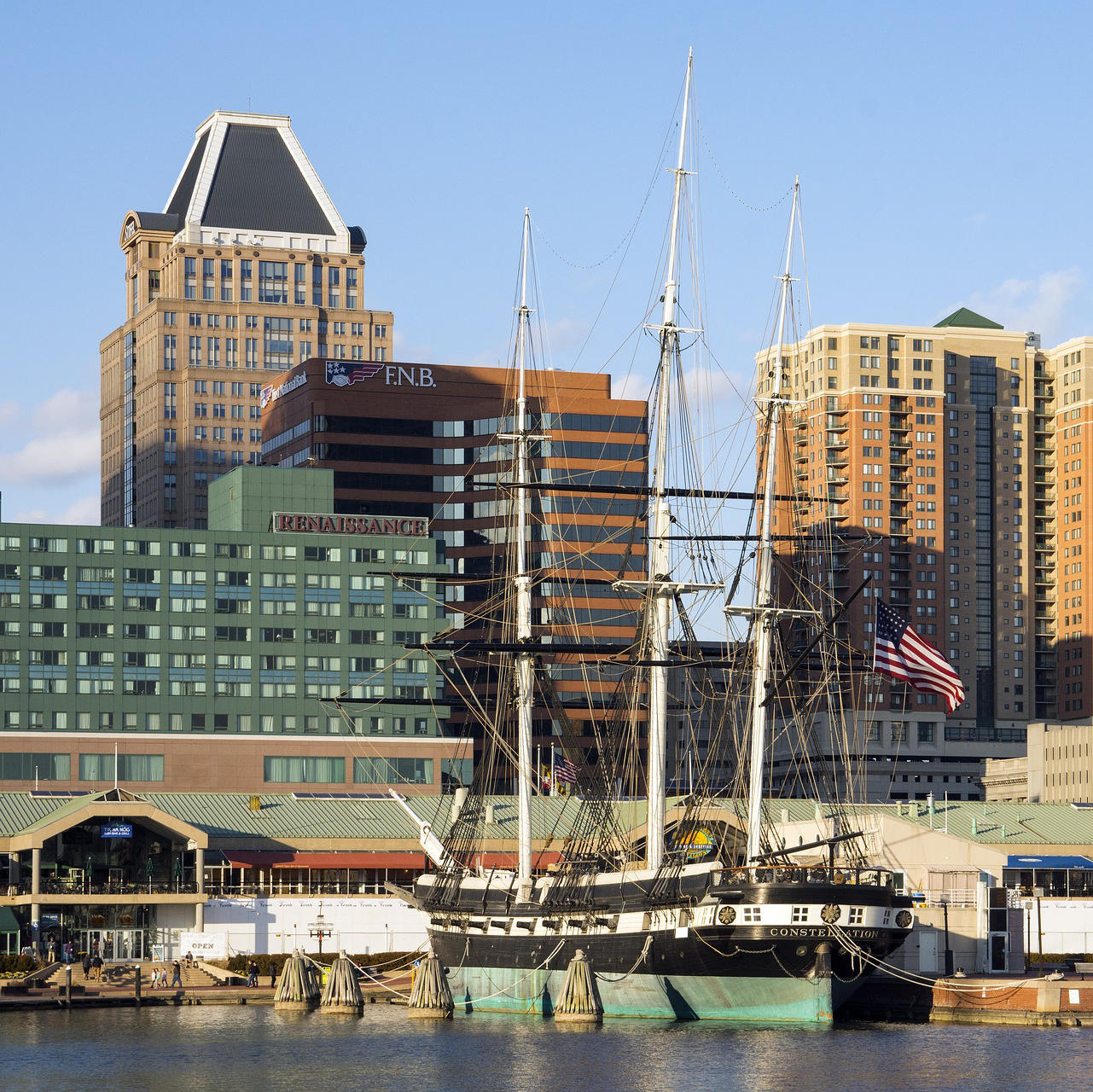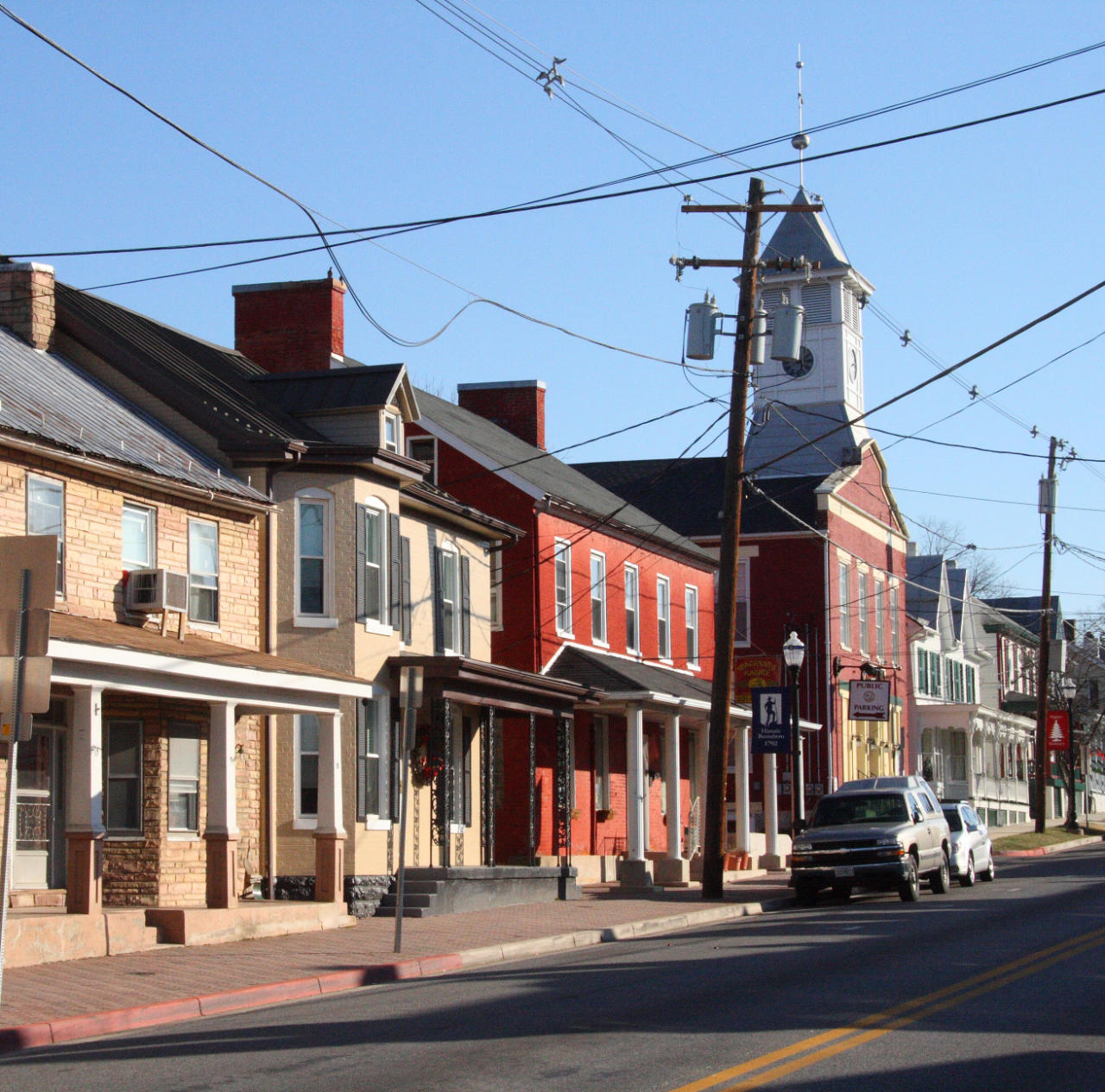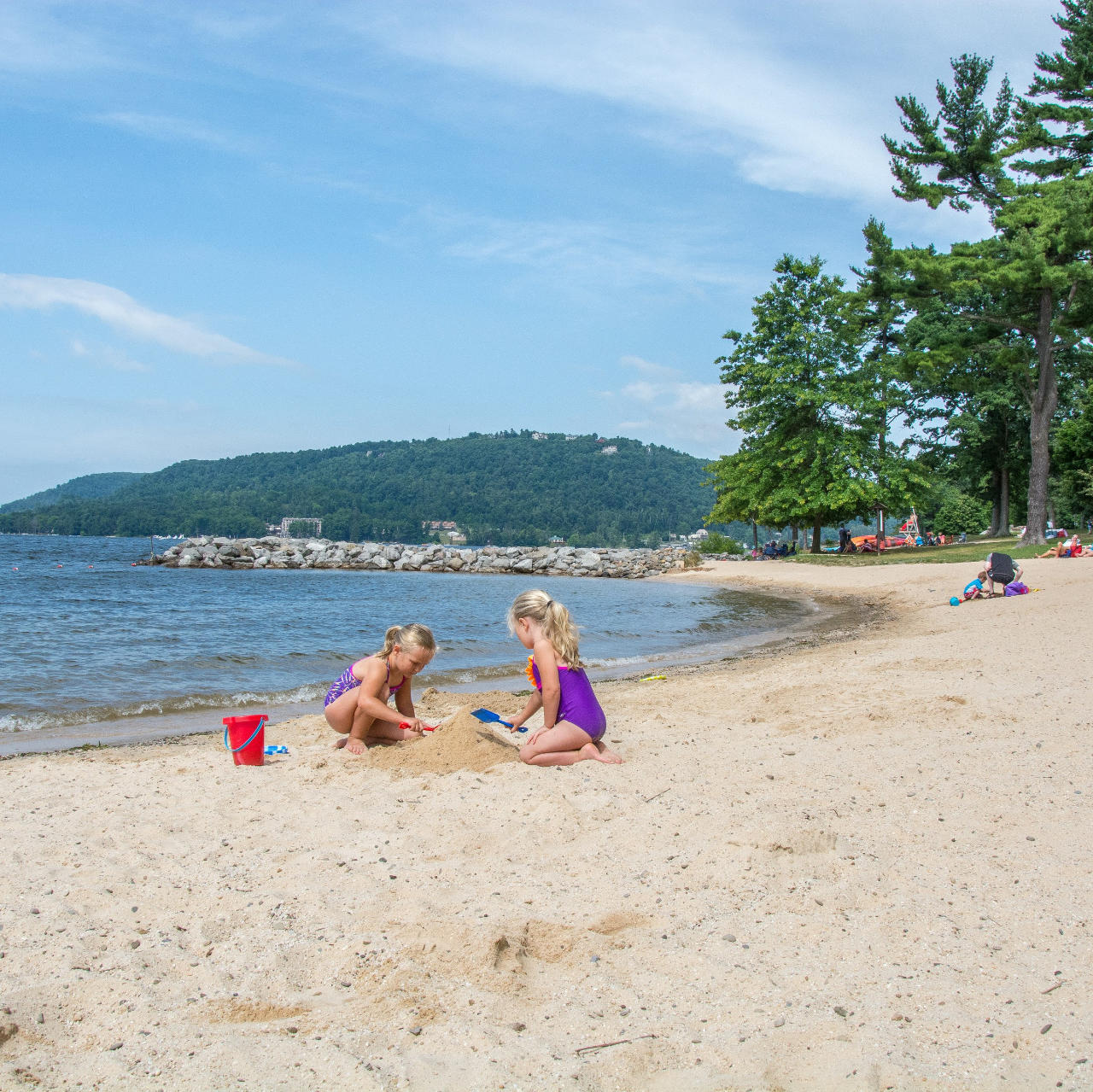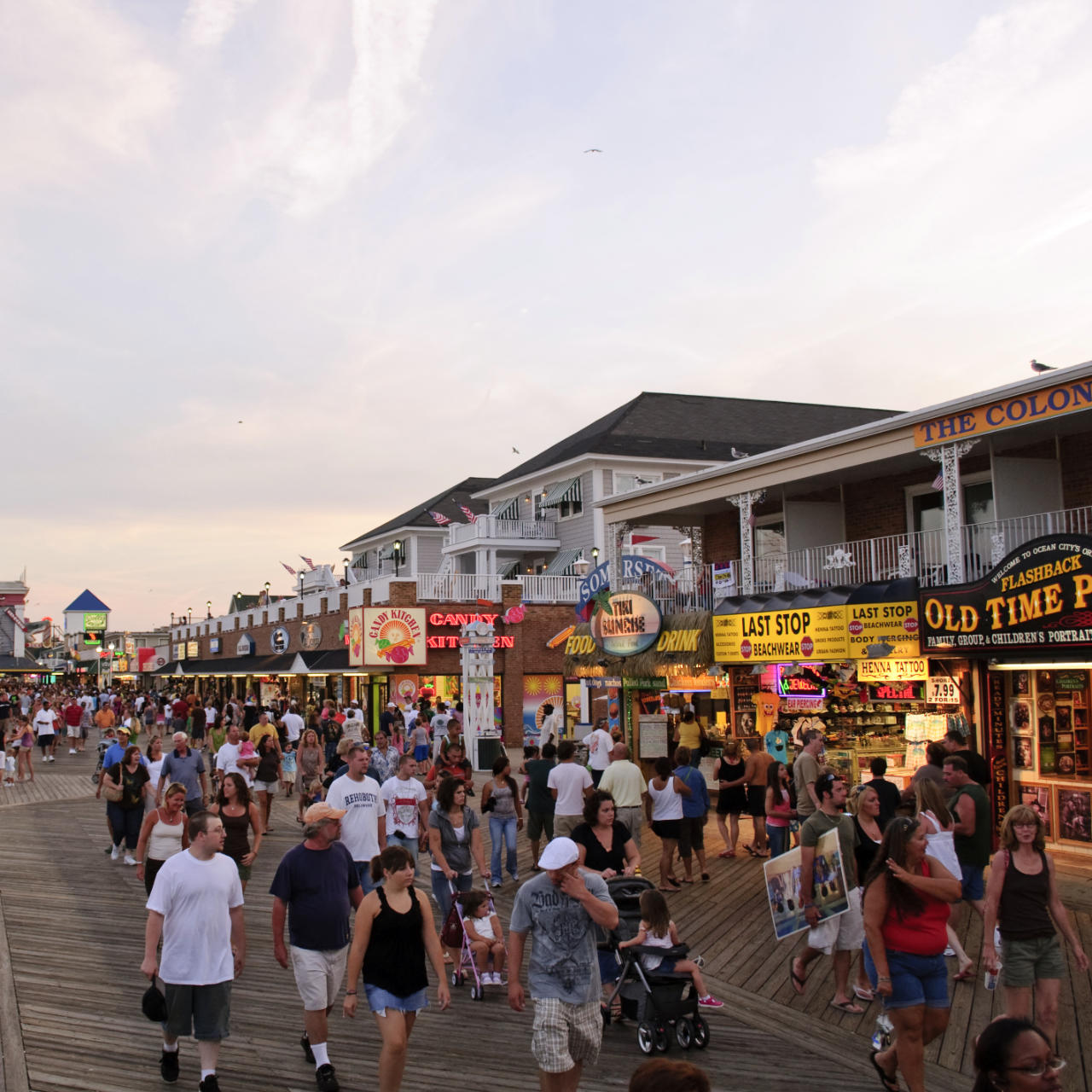State of Maryland Short-Term Rental Regulations
Short-term rental regulations vary depending on the location and may include zoning laws, occupancy and safety standards, taxation, licensing, and insurance requirements review our guides for more information specific to your city.
Reviewed by Karolyn Hutson
Last updated September 17, 2023
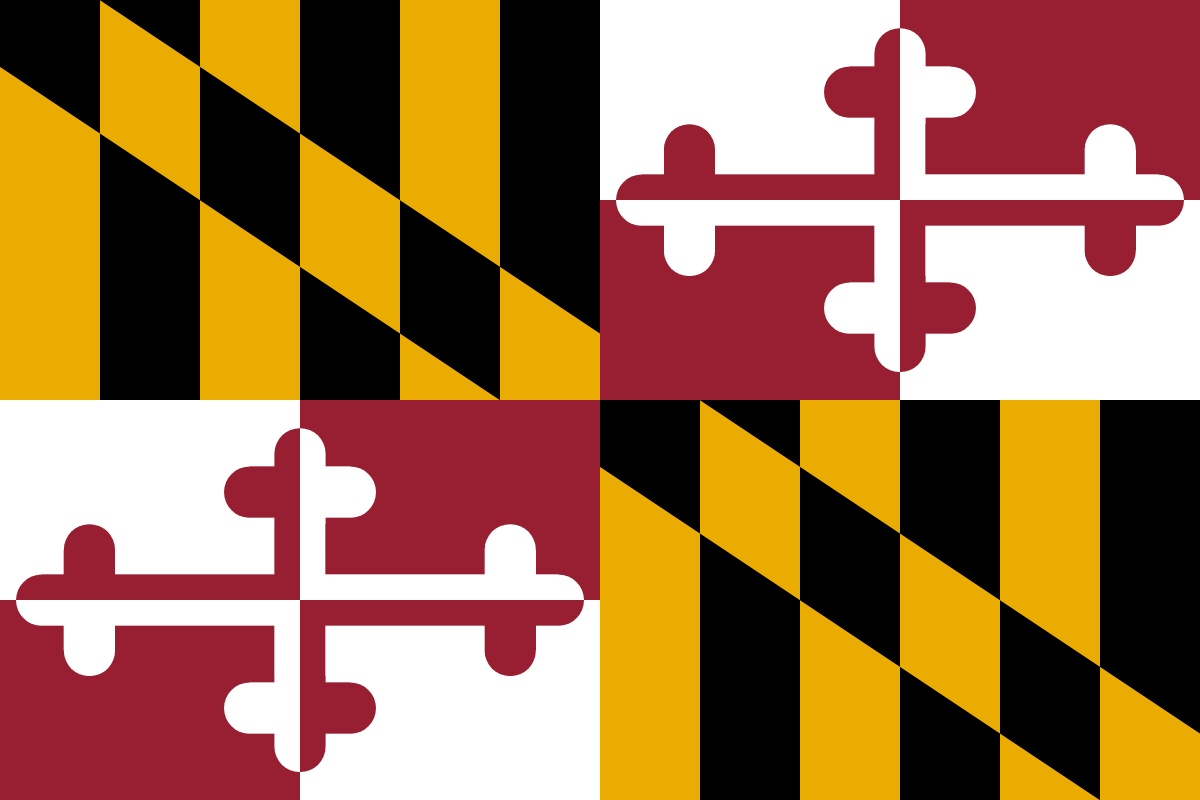
Overview of Maryland Short-Term Rental Regulations
Information is maintained by the community to provide helpful insights and links to local regulations, HostScouts does not provide legal or investment advice.
Running a short-term rental in Maryland can be lucrative, but hosts need to be aware of the patchwork of regulations across different counties and municipalities. This guide will provide an overview of requirements hosts should know before listing their properties. We'll cover topics like licensing, taxes, building codes, and insurance, with a focus on major population centers like Baltimore, Montgomery County, and Prince George's County.
Defining Short Term Rentals in Maryland
Maryland doesn't have a statewide definition of short-term rentals, so local jurisdictions get to set their own rules. But in general, rentals of less than 90 consecutive days are considered short-term. The state does require hosts to collect and remit sales tax on rentals of less than 90 days. Beyond that, counties and cities enforce their own regulations.
What is Considered a Short-Term Rental in Maryland?
There is no standard definition across Maryland, but most areas consider rentals of less than 90 days to be short-term lodging. For example, Montgomery County defines short-term rentals as rentals of 31 days or less. In Prince George's County, it's rentals of less than 30 days. Be sure to check your local ordinances for the specifics. The key is that short-term rentals are seen as commercial activity and regulated differently than long-term residential rentals.
How Long Can You Rent Out a Property Before Requiring a License?
Again, this varies by jurisdiction. But in places like Baltimore City and Montgomery County, you need a license as soon as you start renting out your property on a short-term basis. Some areas allow a certain number of rental days before requiring a permit (for example, up to 60 days per year). Check with your county or city to understand when a license is mandated.
Starting a Short-Term Rental Business in Maryland
Launching a short-term rental business in Maryland involves getting approved at both the state and local levels. Here's what hosts need to do to get up and running legally.
Short Term Rental License Requirements in Maryland
Most Maryland counties and municipalities require short-term rental hosts to obtain a permit or license. For example, Baltimore City charges a $200 license fee. Montgomery County charges $150. Jurisdictions like Prince George's County also require a license before operating. Applications typically include things like:
- Proof of property ownership
- Contact information
- Proof of insurance
- Building safety information
- Payment of licensing fees
Be sure to research the specific requirements for your locality. In some areas, approval can take 30-90 days, so plan ahead.
Registering with the State of Maryland for Taxes
The state requires hosts to collect and remit sales tax on short-term rentals. You'll need to register with the state comptroller's office to get a sales tax license. The taxes help fund state tourism efforts. You'll also likely need to collect occupancy taxes for your specific city or county.
Steps to Getting Started as a Short-Term Rental Host
Here are the key steps hosts should follow:
-
Research local short-term rental rules and secure your county/city permit or license.
-
Register with the state comptroller's office for a sales tax license.
-
Set up a business entity like an LLC to protect your assets.
-
Obtain proper insurance coverage.
-
Make any required modifications to your property to comply with regulations.
-
List your property and start hosting guests!
Average License Fee for Short-Term Rentals in Maryland
License fees vary but range from $100 to $500 annually, depending on location. For instance:
- Baltimore City: $200 every 2 years
- Montgomery County: $150 annually
- Prince George's County: $150 annually
Some areas may have additional fees for inspections and other administrative tasks. Be prepared for ongoing costs as part of compliance.
Building and Housing Requirements for Short-Term Rentals in Maryland
Hosts must follow various housing, zoning, and safety regulations to legally operate a short-term rental in Maryland.
Safety Regulations Like Installing Smoke Detectors
Most Maryland jurisdictions require short-term rentals to have smoke detectors, carbon monoxide detectors, fire extinguishers, and emergency escape routes marked. For example, Montgomery County requires functioning detectors in every bedroom and on each level.
Signage with Emergency Contacts and Address Information
Hosts must visibly post information like property addresses, emergency contacts, and floor plans/escape routes. This helps guests in case of an emergency. For instance, Prince George's County requires displaying this info inside the rental itself.
Special Safety Standards for Swimming Pools
Extra safety provisions like fencing, lighting, alarms, and more may be required if the rental has a pool. Some areas prohibit pools at short-term rentals altogether. Check with your county or city before listing a property with a pool.
Zoning and Housing Codes
Short-term rentals must comply with zoning designations for commercial lodging in residential areas. Housing codes related to room sizes, exits, electricity, and more may also apply. Hosts should research the specifics of their property.
Limits on Occupancy and Number of Guests
Most jurisdictions restrict the maximum number of guests allowed at a short-term rental. This is typically tied to the number of bedrooms and/or dwelling size. There may also be rules about the number of guests per bedroom.
Short Term Rental Taxes in Maryland
As a short-term rental host in Maryland, you'll need to collect and remit several taxes that fund state and local programs.
Maryland Sales Tax
The state requires hosts to register for a sales tax license and collect 6% sales tax on short-term rentals. Hosts remit the sales tax monthly or quarterly.
Local Occupancy Taxes
Most Maryland cities and counties charge an occupancy tax ranging from 5-10% on short-term rentals. For example, Montgomery County charges 7%, while Prince George's County is at 5%. This revenue funds tourism promotion.
State and County Income Taxes
Your short-term rental revenue is subject to Maryland's state and county income taxes. You'll need to report your earnings and remit the income tax owed.
Reporting Requirements
Hosts must provide regular reports (often quarterly or annually) detailing their number of bookings, rates charged, taxes collected, and taxes remitted. So be sure to closely track this rental data.
Penalties for Non-Payment
Maryland can assess sizable interest and penalties if you fail to collect and remit the required taxes. For instance, the state may impose a 25% penalty for over 60 days of non-payment.
Insurance Requirements for Short-Term Rentals in Maryland
Maryland counties and cities typically require hosts to carry liability insurance on their short-term rental property.
- Minimum Liability Limits - While specifics vary, most jurisdictions mandate at least $500,000 to $1 million in liability coverage. For example, Prince George's County requires minimum limits of $1 million.
- Naming Local Government as Additional Insured - Some counties require hosts to name the local government as an additional insured on their short-term rental policy. This provides them with extra protection.
- Proof of Insurance - When applying for your short-term rental license, you'll need to provide valid proof of insurance coverage meeting the minimum standards. Policies must be kept active to maintain compliance.
- Coverage in Case of Property Damage or Guest Injury - Liability insurance protects hosts if a guest is injured on the property or damage occurs. It covers legal claims, medical bills, lawsuits, and other covered losses up to the policy limits.
Maryland Airbnb Regulations by City
Information is maintained by the community to provide helpful insights and links to local regulations, HostScouts does not provide legal or investment advice.


